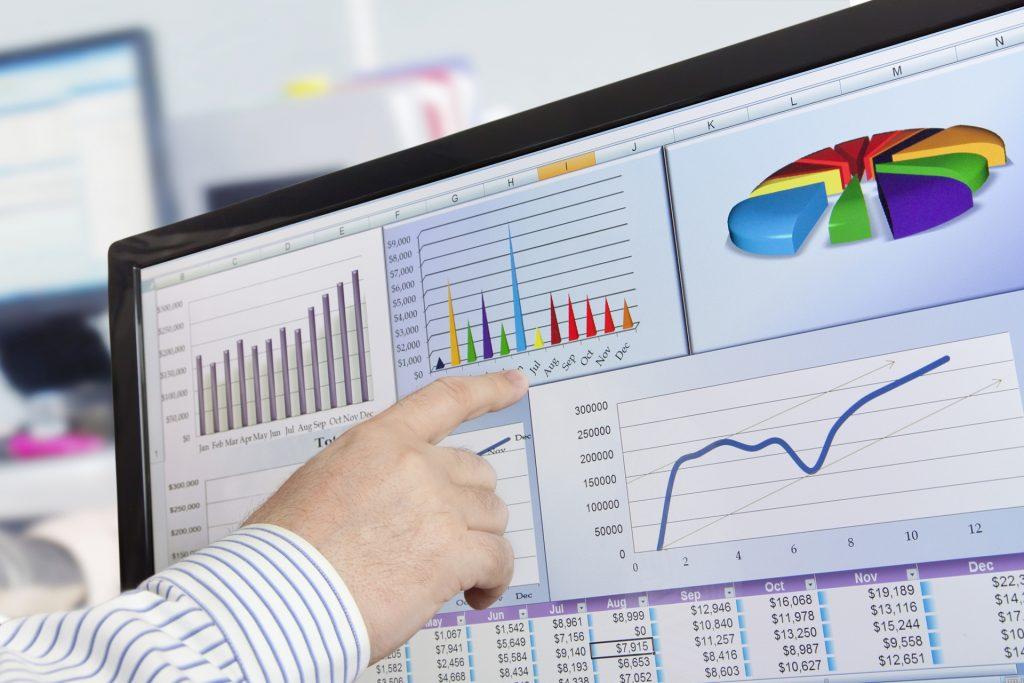Small business owners recognize that accounting and tax services are necessary to operate their business and comply with government tax laws. Unfortunately, given the difficulties many small businesses face day to day, business owners consider paying for accounting and tax services as just another cost of doing business.
This cost is not viewed as one that could lead to increased revenues, lower expenses, and increased profits. In addition, the business’ expansion potential by utilizing additional cash flow or outside business financing is never brought to the table.
In stark contrast to that, proactive/best in class accounting and tax services can provide small businesses with an impressive ROI (return on their investment) in addition to the standard bookkeeping and tax filing.
While the average cost for accounting services can run you anywhere from $75 to $500 per hour (depending on the type of services needed and the scope of work) how do you measure the cost, value and ROI of accounting services for your small business?
Measuring the Cost of Accounting for Small Businesses – Is it Worth It?
Many small business owners perform their own bookkeeping services. Recording transactions and managing their financial data utilizing accounting software, such as Quickbooks. Why? Often seen as the most knowledgeable about the business, who better than the owner to record the financial transactions.
However, the question to ask is whether that is the best use of the small business owner’s time? In most instances, the answer is No. Usually it is better for the owner to use outsourced accounting services or hire a part time employee.
Thus freeing up the owner’s time to focus on growing and managing the business. Outsourced accounting services utilize per diem bookkeepers, accounting and bookkeeping firms or CPA firms. Your firm can choose to be billed via hourly rates or with a flat monthly rate.

What to Expect From Your Accounting Professional?
Conducting proper bookkeeping in your accounting software is always the first step. Reviewing financial statements is the critical and next step. The numbers within these financial reports tell a story about how well the business is performing or where the business is lacking.
Digging into the details behind the numbers is invaluable to a small business owner. Small business owners need to spend time reviewing these reports. This is where hiring an accountant, preferably a Certified Public Accountant comes into play. Your CPA can assist you in evaluating your financial statements.
As a small business owner, items a CPA can review with you are:
- Whether the price of your product or service is too low
- Utilizing cost accounting, if your costs of product labor for a service is too high when compared to other businesses in your industry.
- Using cash flow, do you have the ability to finance debt to make an acquisition, helping your business grow or invest in a new revenue stream
A CPA can assist in making timely business decisions to achieve the goals of the small business owner. The guidance of the accountant/CPA does come at a cost. And what the accountant charges will vary depending on the extent and level of the service provided.
| Want to Learn More About How Professional Accounting Services can Help You? Read the Articles. Advantages of Outsourced Accounting You Can’t IgnoreTax Considerations When Retiring to Another State |
Compliance with tax laws and filing requirements is another area in which small business owners seek assistance from an accounting/tax professional. This is an area in which many small business owners are misinformed.
Generally, they follow a reactive approach to tax returns by consulting with a tax professional, prior to the tax deadline, but after the fiscal year is completed. This is usually within 2 ½ months after the close of the fiscal year. This is not the best way to approach tax compliance and planning. Your firm should switch to a proactive approach.
Conducting tax planning throughout the year will yield the highest returns. Making informed decisions during the year will impact the small business owner’s tax bill at the end of the year.
This proactive approach provides the small business owner with opportunities to make changes during the tax year that can save/defer taxes that would be due after the close of the year. Unfortunately, once the year is over, the majority of these opportunities are lost. A proactive approach may come at an additional cost over the reactive approach.
However, a tax professional can provide a cost / benefit analysis for the small business owner prior to beginning the engagement to demonstrate the effectiveness of the proactive approach.

Accounting Cost For Small Business: Conclusion
As the business owner, you cannot measure the average cost for your accounting services for your small business solely by the amount you pay. You need to factor in the following:
- Uncovered opportunities to grow the business
- Increase in the ability to make informed and timely decisions
- Realization of saved tax expenditures or revenue
A small business owner must change the mindset that accounting and tax services are just a cost of doing business. Instead, the owner needs to tap their entrepreneurial spirit and consider it an investment in the future of their business.


Hi, I really like your website! I really agree with your point as I work as a tax preparers for a BPO provider.